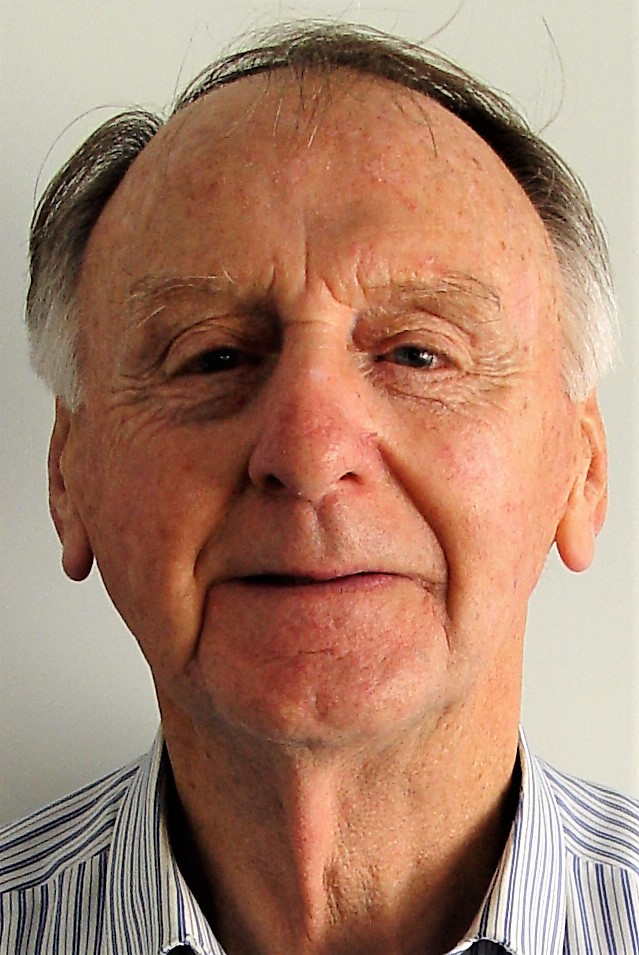FAREWELL BRIAN HARTLEY

Retired Police Superintendent Brian Hartley left us suddenly, aged 84, on 14 August 2022. The team here at the Police Managers' Guild Trust would like to extend our most sincere condolences to Brian's Family, Friends, Colleagues and anyone lucky enough to have known him.
Brian was the Driving Force behind the formation of the PMGT in 1997, a Trustee since the PMGT was formed and was elected a Life Member in 2019.
Under his careful and diligent guidance, the PMGT has donated over $3,500,000 to the victims of crime and produced education to benefit millions of Kiwis.
Brian's extraordinary example and legacy is one that will further motivate us to stop crime and save lives.
GUILD NEWS
The New Zealand Police Managers’ Guild Trust are proud to have helped the NZ Fiji Schools Rugby Sevens in reaching their financial goals to allow young Fijian boys from across the country to come together and play a game that they love whilst honouring their heritage.
Whilst Fiji did not win (NZ Condors won both boys & girls competitions), the NZ Fijians never gave up, scoring the last try of the match through Ratu Kuli Naleisomosomo within the last minute. We are convinced there is an abundance of future Fijian stars with the team.
The boys blasted out a note or two at the powhiri for the team which was an exceptional event in itself and the team are now taking the opportunity to review what they did well, what could have been done better, and are planning to win the title in the next edition of the World School 7’s in December 2022. We have every confidence that the boys will do an astounding job.
‘’I therefore wanted to pass on our thanks and appreciation for the part you and the NZ Police Managers Guild Trust played in helping us. What we did would not have been possible without your very kind support. Again a big Vinaka vakalevu from our entire NZ Fiji Schools 7’s squad’’ - Inspector Jim Wilson.

NZ Fiji Schools Rugby Sevens Players
COMMUNITY GRANTS
Our latest community grant, Blake Paynter was the recipient of our NZPMGT grant to assist him with advancing in the sport of rowing with a view of gaining a scholarship to study in the United States.
In March 2021, Blake was titled the 6th fastest under-18 single scull rower in New Zealand. Following that, his rowing times and on-water speeds are alongside the fastest junior rowers in New Zealand.
As of 19th January 2022, Blake was able to commence study at the Embry-Riddle Aeronautical University, Daytona Beach, Florida USA. He has received an athletic scholarship to be a part of a rowing team and is lined up to be in the stroke seat of their top eight.
We also congratulate Blake on maintaining a high standard in his academic school work and scoring in the top 7% in his SATs. This means he has also been awarded an academic scholarship from the university and has selected to study Business for a 4-year degree.
‘’The journey to achieve this has been filled with hard work, perseverance, and cannot be achieved without the support of many people including the kind support from the New Zealand Police Managers Guild Trust. Our family would like to express that we are very thankful for the support you have given Blake and hope you can feel the same level of proudness that we feel as parents of him. When he is racing, you can feel that you are in the boat with him and part of the team.’’ - Marc Paynter and family.
Your donations help us to continue to offer practical help to people and families wishing to reach their goals.

Blake Paynter, New Zealand rower is a recipient of our community grants program
To see our community grants list; head here










